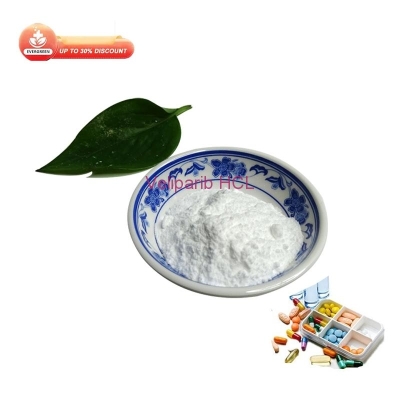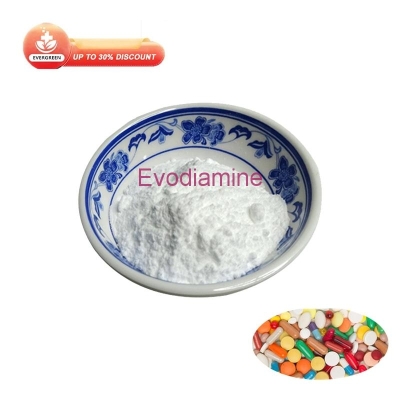-
Categories
-
Pharmaceutical Intermediates
-
Active Pharmaceutical Ingredients
-
Food Additives
- Industrial Coatings
- Agrochemicals
- Dyes and Pigments
- Surfactant
- Flavors and Fragrances
- Chemical Reagents
- Catalyst and Auxiliary
- Natural Products
- Inorganic Chemistry
-
Organic Chemistry
-
Biochemical Engineering
- Analytical Chemistry
- Cosmetic Ingredient
-
Pharmaceutical Intermediates
Promotion
ECHEMI Mall
Wholesale
Weekly Price
Exhibition
News
-
Trade Service
Stomach cancer is the fifth most common malignant tumor in the world and the third leading cause of cancer-related death.
immunosuppressants (ICI), mainly anti-PD-1 antibodies, have been recommended for palliative care in patients with metastatic gastric adenocarcinoma, with relevant prognostic biometric indicators such as microsatelliter instability (MSI) status, combined positive score (CPS) for PD-L1 expression, and EBV status.
, however, patients with advanced stomach cancer may lack fresh tumor tissue and can only obtain tissue samples for prognostic evaluation through invasive re biopsies.
reported that circulating tumor cell DNA (ctDNA) can be used to identify genetic changes and predict prognostics, analyze drug resistance to targeted treatments, and monitor the recurrence or progression of stomach cancer.
, ctDNA can provide longitudinal and dynamic monitoring of tumor-specific genetic characteristics without the need for repeated invasive tumor biopsies.
ctDNA has been studied in the analysis of genetic characteristics of stomach cancer.
, this study aims to explore the predicted value of ctDNA for the prognostication of patients with immunotherapy for stomach cancer.
October 2018-December 2019, 46 patients with progressive gastric cancer who received PD-1 antibody immunotherapy and 425 gene second-generation sequencing (NGS) sequencing were recruited, 38 of whom had tissue samples and 43 had basic blood samples.
34 High-frequency variations detected in tissue and blood samples assessed ctDNA from 43 patients' base blood samples, and 88.4% of patients carried at least one embryo mutation consistent with the sequencing results of tissue samples.
the decrease in maxVAF was associated with the patient's PFS, the maximum sotocyte variant allogeneic gene frequency (maxVAF) decreased by more than 25% and the progression-free survival (PFS) was longer, and the drug treatment mitigation rate was higher (maxVAF.gt;25% vs maxVAF;25% of patients: 7.3 months vs 3.6 months, p=0.0011;53.3% vs 13.3%, p=0.06).
7.4 months and 4.9 months in patients who could not detect ctDNA and detectable patients after treatment ( p .025, respectively).
effects of TGFBR2, RHOA, and PREX2 gene mutations on immunotherapy prognosis the mutation states of TGFBR2, RHOA, and PREX2 in the underlying ctDNA can affect the efficacy of immunotherapy.
are more likely to develop immune-related adverse events (irAEs) in patients with mutations in the CEBPA, FGFR4, MET, or KMT2B genes.
, ctDNA can be used as a potential biomarker for the response to advance stage gastric cancer immunotherapy, and its potential role in predicting irAE is worth further exploration.
。







